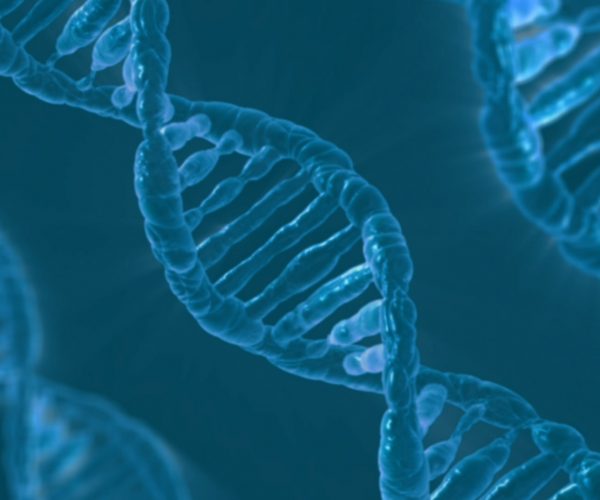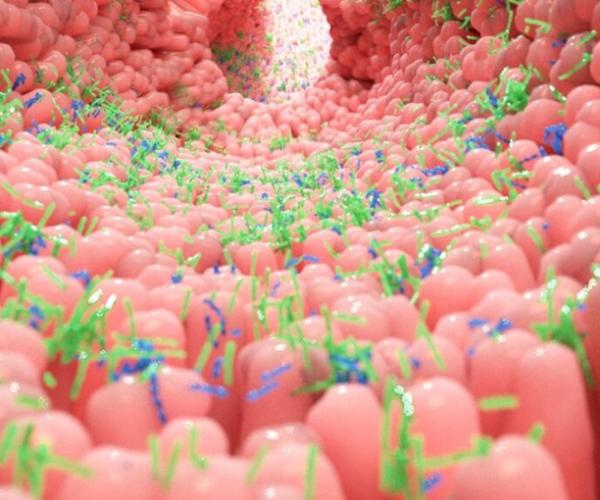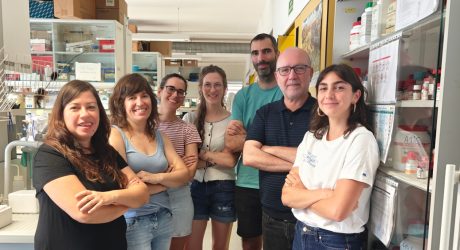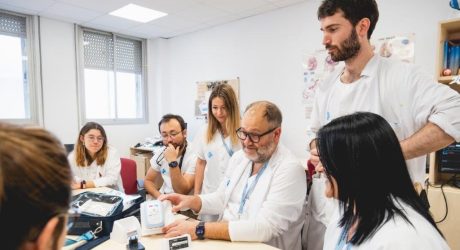ADGUT Project: personalised models and gut microbiota to predict and asses Alzheimer’s disease
The ADGUT collaborative project seeks to understand the relationship between the microbiota-gut-brain axis and the progression of cognitive alterations associated with Alzheimer’s disease. This project aims to develop personalised preclinical models to prevent the progression of the disease and improve its assessment.
Alzheimer’s is an incurable neurodegenerative disease with a poorly understood aetiology. It is the most common cause of dementia, the prevalence of which is expected to double every 20 years, reaching 82 million people by 2030. Patients show progressive memory impairment and cognitive decline that manifest in two early stages: Subjective Cognitive Impairment and Mild Cognitive Impairment. Different studies link the activity of the gut microbiota with the modulation of the immune system, and this relationship has led to the identification of relevant associations between Alzheimer’s disease, gut microbiota and Mild Cognitive Impairment.
The complexity of the interaction between the microbiota and the progression of cognitive alterations makes it difficult to generate preclinical models for the development of therapies. Therefore, the main objective of the ADGUT project is to develop preclinical models that, in combination, allow the screening of therapies for the prevention of the progression of Alzheimer’s disease and its personalised assessment. ADGUT has the participation of researchers Jordi Mayneris and Anna Castells from the Nutrition, Eumetabolism and Health group of the Institut d’Investigació Biomèdica de Girona Dr. Josep Trueta in Girona (IDIBGI), and the biotechnology area of the Eurecat technology centre in Reus and the Nutrition group. It also has the collaboration of the company AB-BIOTICS (spin off of the Universitat Autònoma de Barcelona), specialised in the development of natural probiotic strains in a bid to achieve the industrial translation of the research. This project, part of the Collaborative Projects in Catalonia programme, aims to intensify the decentralisation of the actions of the Complementary Plan in Catalonia.
The research staff of the ADGUT project will use tools of molecular biology, biochemistry and omics technologies for the generation and characterisation of the models, including a practical case of modulation of the microbiota by probiotics. This technology will allow the establishment of Alzheimer’s models in Drosophila melanogaster as a screening organism for preventive therapies against the development of neurodegeneration associated with this disease. In addition, the application of human intestinal microbiota transplantation techniques to murine models of Alzheimer’s disease will also be studied as a strategy for the study of personalised therapies.
ADGUT will establish a preclinical framework for the screening and subsequent evaluation of personalised treatments based on the interaction between the intestinal microbiota and cognitive alterations.
The ADGUT project is part of Line of Action 4 of the Complementary Plan for Biotechnology Applied to Health (C17.I1), focused on the development of biological models for screening and studying the activity of therapeutic molecules, and has been co-financed by the Ministry of Science, Innovation and Universities with funds from the European Union NextGenerationEU, the Plan for Recovery, Transformation and Resilience (PRTR-C17.I1) and the Government of Catalonia.




